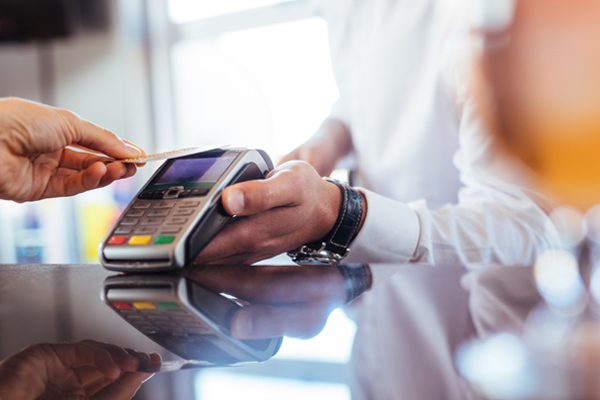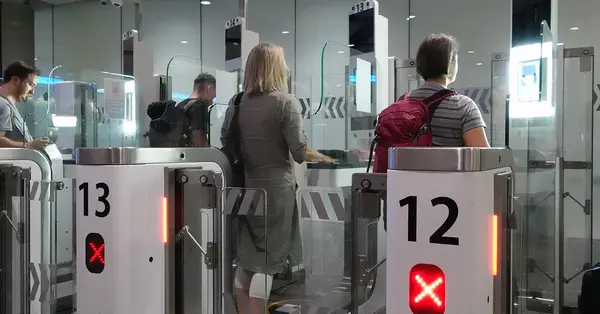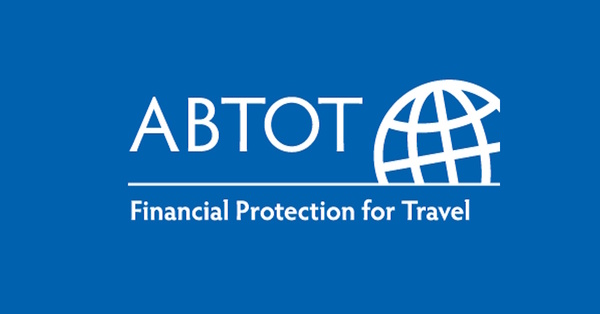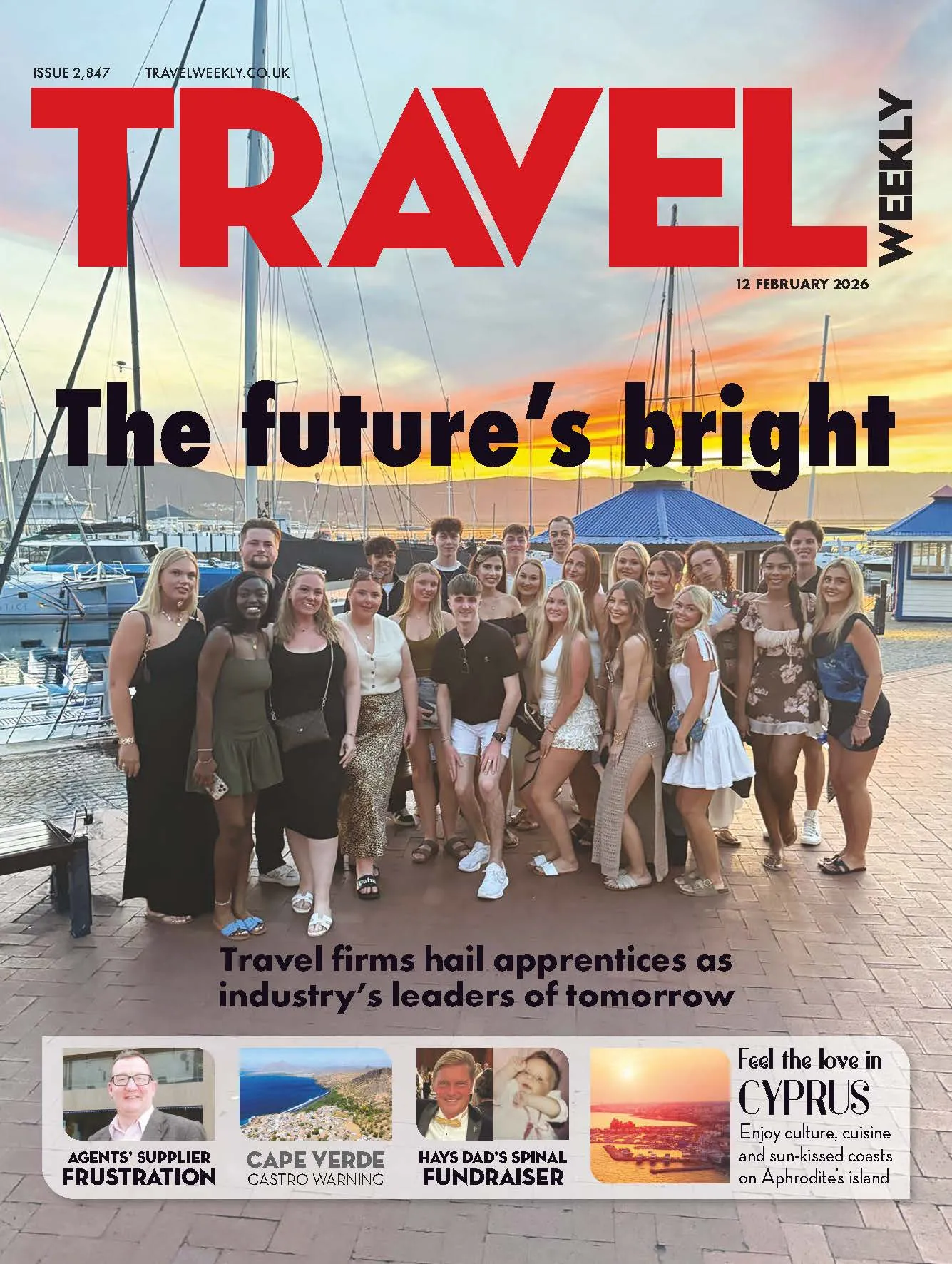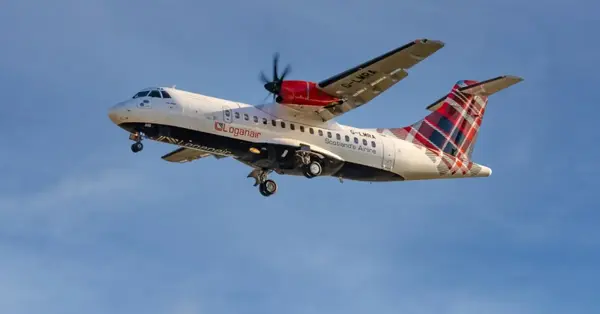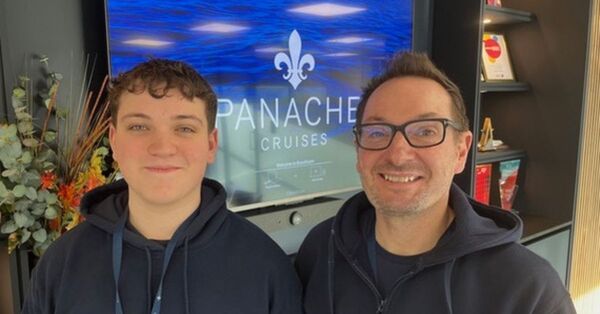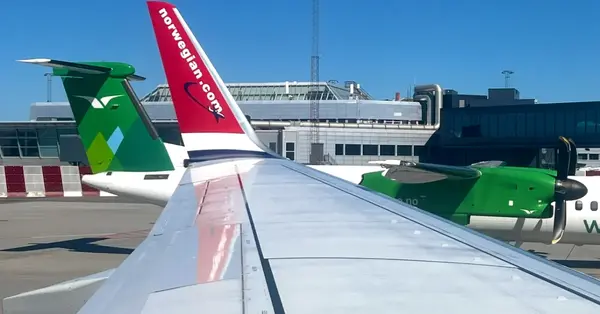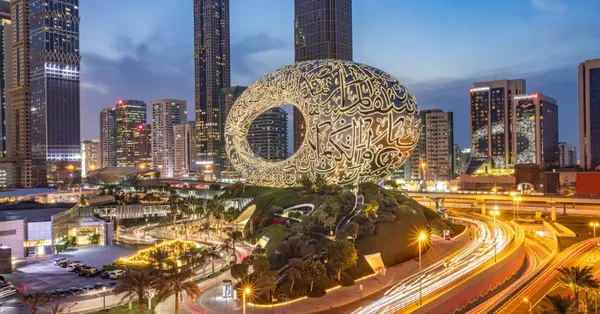You are viewing 1 of your 2 free articles
Spending on holidays and flights outpaces other sectors
Spending on holidays and travel continued to grow last month – and at a faster rate than other non-essential categories.
The latest Nationwide Building Society’s Spending Report shows expenditure on holidays rose 19% year on year, while airline travel spend was 34% higher than in February 2022.
Overall, non-essential spending was up 9% on last year.
The amount spent on eating and drinking out was up 11% on last year, while spending on subscriptions, such as Netflix, Amazon Prime and magazines, was down 3% cent year-on-year.
The report said that rising prices and transactions continued to fuel household spending growth in February, while consumer research revealed people are paying for essential costs with credit cards.
The monthly Spending Report analysed about 208 million debit card, credit card and Direct Debit transactions, with about £7.72 billion spent in February.
Overall consumer spending and transactions both grew 10% year-on-year.
A separate Nationwide poll of 2,000 people showed that almost two thirds (63%) are worried about the current state of their personal finances and ability to cover essential costs. This figure is down seven percentage points on last month (70%).
According to the research, the main areas credit cards are being used for are food and drink in supermarkets (29%), eating and drinking out (14%), fuel/electric car charging (13%), utility costs (12%) and holidays and travel (11%).
Mark Nalder, payments strategy and performance director at Nationwide Building Society, said: “We’re continuing to see annual growth in consumer spending and, while that can partly be put down to rising costs and inflation, we’re also recording year-on-year growth in the level of transactions made across both essential and non-essential spending.
“This shows that despite rising costs, households are clearly looking to strike the balance between being fiscally responsible and still being able to spend money on themselves.
“However, our research shows that while the number of people worried about their finances has fallen slightly, there are people relying on credit as a way of bridging the gap for essential bills.”

